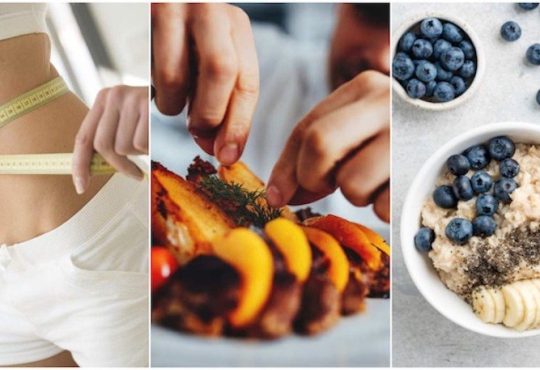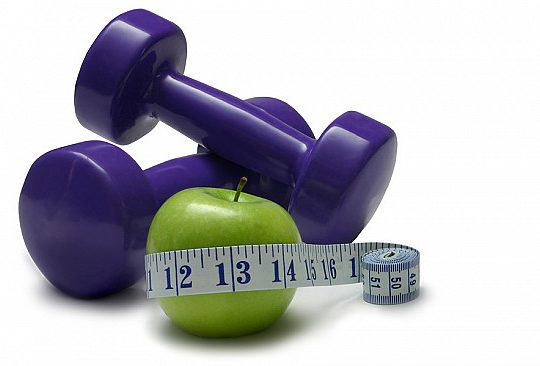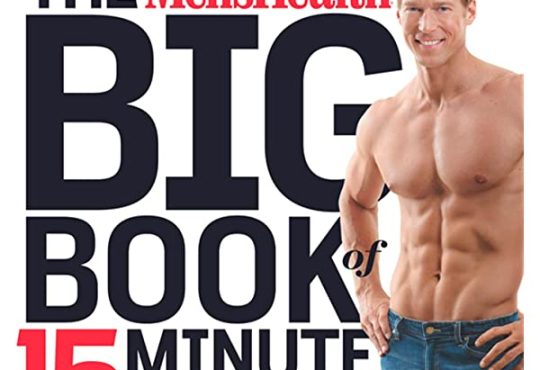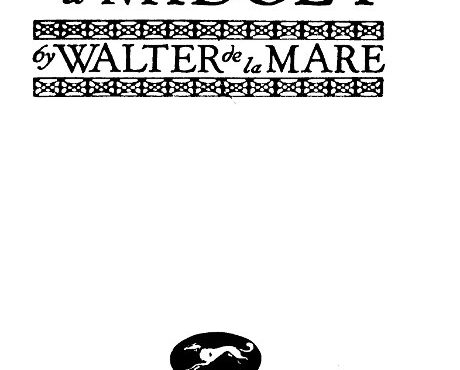
How to Eat If You Join the Gym (And Go) – My True Fat Burning Furnace Story
How to Eat If You Join the Gym (And Go)
You have refined during the holidays, and now you’ve decided to join the gym. If you go, these tips on how to eat correctly will help.
Food and physical activity is an inseparable tandem when we talk about a healthy lifestyle. We decided to move, but it is useless to burn calories as if there was no tomorrow if we put ourselves up to pre-cooked pizzas bars. So let’s see what you should eat when you go to the gym regularly.
Let’s start with a warning to boaters (and athletes)
Before starting, I think it is necessary to make three points.
The first is a small guide for those who start practising a physical activity that goes beyond running when you miss the bus. We are talking about the general population that does physical activity to stay healthy. These people start going to the gym three times a week (the minimum recommended). In these cases, you have to start by fixing the foundations, solidifying the bases and building stable walls; then, we will decide whether to put goatee, wallpaper or leave the walls white. By this, I mean that you have to start eating healthy, unlearn old habits and learn new and better ones. Here you will not find the nutritional strategies that are used in advanced, professional or high-performance athletes, basically because you, indeed,

The second point is that the diet and training to follow will depend on each one’s objectives. If we want to take our new lifestyle seriously, it is best to consult professionals to teach us how to achieve these goals. Going to a sports physical educator to make us a training plan and a dietitian-nutritionist specialising in physical activity to make us an adapted diet will help us reach our goal.
The third is that sport begins in the kitchen. Yes, I sweep at home, but if you don’t cook your food, you will hardly be able to follow a healthy diet; there is no way around it.
Start organizing and planning.
One of the biggest mistakes you make when you start hitting the gym is letting the week’s routine dictate when to train. The risk is that better plans always come out than spending an hour sweating in a training room, so schedule the days you go to the gym and indicate the type of activity you will do. Are you going to a Zumba class? Will you do functional training? Are you going to lift weights, or are you going to run on the treadmill for half an hour? Blocking the training time helps to motivate us and prioritise physical activity, as it is very gratifying to see that you have met your goals at the end of the week.
When you already know which days you are going to train, organizing your meals around the times when you practice sports also helps to motivate yourself and obtain better results. Plan your weekly menus and pay attention to the days you train to ensure that you include all the necessary nutrients for good physical performance and thus achieve the goals you have set for yourself.
This moment in which foods consumed, and the proportion of certain nutrients can improve the recovery and regeneration of damaged tissues during sport, increase muscle protein synthesis and improve mood after intense exercises. Later we will see some recommendations in this regard.
Train with the healthy eating plate
During the week, it is best to follow the recommendations of the healthy plate or Harvard plate. Imagine a typical and ordinary dish, the kind you have at home. Divide it in half. One of those halves has to be full of colours: vegetables, vegetables and assorted fruits. Now look at the other half, still empty, and divide it again into two parts. One of those parts should be occupied by good quality protein foods: poultry, fish, eggs, legumes, tofu or tempeh. The amount that is still empty will be full of foods rich in complex carbohydrates: rice, grains and pasta in a wholegrain version, potatoes, sweet potatoes or legumes (yes, legumes are very versatile, as well as delicious, and they also have carbohydrates carbon).
Prepare all those foods with olive oil, drink water to hydrate yourself, and you will have a lot of cattle.
What about carbohydrates and my workouts
Although carbohydrates are so unpopular, they are essential for muscle performance. The amount you need to consume will depend on the training program and the goals you have, but, to give you an idea, the more intense the training, the more carbohydrates your diet must provide.
For mortals like you and me, following the healthy plate model can help estimate the proportion of carbohydrates that we can include in our diet. Just make that plate bigger or smaller depending on the amount of training you do.
Many people believe that they should eat something that provides carbohydrates before training. This practice, which can be interesting in professional and high-performance athletes, or sports practices of more than 90 minutes, can sabotage fat loss. It turns out that the intake of food, especially that containing carbohydrates, causes our pancreas to secrete insulin. This hormone, essential to maintain stable blood sugar levels, is a signal for our body that tells us that we have available energy. Our body interprets, very correctly, that power -glucose- has entered, and we can use it to make our muscles work instead of obtaining it from other places, such as fat deposits.
Thus, if you are not hungry before training or low on energy, you do not need to eat anything – at least 2-3 hours before a workout – because your muscle glycogen stores are enough to do an hour of exercise. The reasons why it is important to plan meals and activities, eat well every day and not obsess over pre-workout food when we talk about the general population.
It’s not recommended; to eat anything before playing sports because exercising with a fully functioning digestive system can cause cramps, discomfort, and even diarrhoea.
More protein does not mean more muscle.
One of the biggest myths in nutrition and sports is that, since the muscles are made of proteins, it is necessary to consume many of those to develop muscle mass. You can imagine that this is false than a unicorn and builds muscle mass; you have to exercise it.
Professional athletes indeed have higher protein requirements, but they are not too far removed from those of the general population. You, who have decided to join the gym and go three times a week -which is very good-, are still a general population. In fact, in a review of the latest guidelines on sports nutrition from the American College of Sports Nutrition, the International Olympic Committee and the International Society for Sports Nutrition, it is recognized that the recommendation that is made to the sedentary population to consume 0.8 g protein/kg of weight/day is sufficient for those who practice fitness in general.
So, as with carbohydrates, focus on protein food proportions that the healthy plate indicates and stop spending the money on protein shakes and other supplements.
Recover after training
Again, consuming some food after training will depend on your goals and your routines. If you train in the afternoon, maybe you have to eat a fruit piece when you leave the gym and have dinner following the healthy plate model.
In the market, there is a wide variety of supplements, bars and other products intended for post-training recovery that, although they may be interesting for people who have been training for a long time or are professionals, they are not necessary at all for amateurs.
Thus, and even at the risk of repeating myself more than the onion, you would have to advise yourself so that a professional recommends the best way to recover after physical activity, according to your objectives. In any case, if you want to drink something after training, it is advisable to look for foods with simple formats that provide carbohydrates and proteins and combine them such as fruit or sugar-free cereals with yoghurt or whipped cheese, some whole grain sticks with hummus and a boiled egg or a milk and fruit shake.
Fats, vitamins and minerals
Even if you are physically active, you don’t have to restrict your fat intake. Adequate fat intake ensures optimal health, helps maintain energy balance and, very importantly, ensures that we ingest enough fat-soluble vitamins and essential fatty acids.
That is why the recommendations do not change either: choose olive oil for cooking and dressing and foods rich in healthy fats such as avocado, nuts and seeds to complement your dishes. And don’t forget the bluefish, at least once a week.
If you follow the recommendations outlined above, you will be well covered in vitamins, minerals, and other dietary components such as antioxidants. Vitamin and mineral supplements are not necessary when the diet is correct, not even in high-performance athletes. They will only use for reasons not related to physical performance, such as in pregnant athletes, vegetarians, people with specific medical conditions, or recovering from an injury. And always under the supervision of a health professional;




